
The soul is a wave. Either we’ll become like Saint Peter and walk on it, in the air, or we’ll sink, as did the Prophet Jonah.

The soul is a wave. Either we’ll become like Saint Peter and walk on it, in the air, or we’ll sink, as did the Prophet Jonah.

How can devout Christians preserve their faith when they’re being attacked and tested on a daily basis in these harsh times? Faith in our Triune God is what will sustain us in all the difficulties we encounter in our lives. No matter how uncertain and pointless what we’re going through may seem. He knows our needs and is ready to guide us slowly, with firm steps, as long as we ask Him through prayer, lean on Him and allow Him to lead us along the true paths of spiritual joy. In these dark times of uncertainty in which we live, all of us need our soul to be soothed and redeemed. He alone can comfort us, can stretch out His holy hand to us. What ...
Don’t despair when your soul’s engulfed in the clouds of hell, each one of which is darker than the other. When sheer badness, envy, doubt, stubbornness and the other passions rise up against you, you can be sure that these clouds will gather in your soul. But they won’t stay therelong.
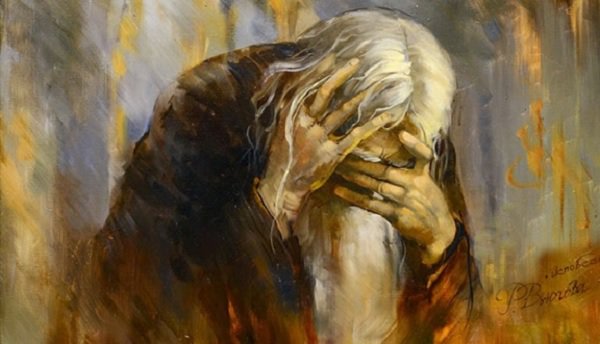
‘Indeed, Good One, it’s in your power to work miracles and there’s no greater miracle than for someone to love sinners in their fall. It’s easy to love saints. They deserve it’. (Saint Silouan the Athonite †1938) The period of holy and great Lent is the time above all in the Church year when the virtue of repentance is highlighted. The Gospel readings, the recollection of holy figures who were distinguished for the extent of their repentance, the content of the hymns and, in general, the atmosphere of ‘bright sadness’ which distinguishes it, constitute a continuous invitation to repentance. The virtue in question finds its practical application in the sacrament of repentance, holy confession. When we speak of virtue, we have in mind ...
Blessed are they who know the wound in the depths of their soul, so that they can go to the divine Doctor.
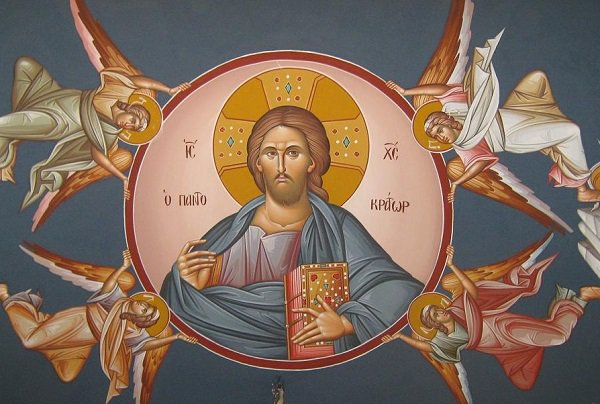
Whether You go, I will follow You with all my heart, with all my consciousness. from East to West like a fiery arrow in the ethereal sky veils. And yet I will stand in the earth spheres like a feather in the blowing wind opening the gates in all decades from past to present. I kneeled down to the Almighty giving promises of life giving sacred vows whether You go I will follow You in countless hours in countless years that are to come. I covered my face to the endless dark longing with hope the bright stars to shine Your glory. A new day came as a wistful pray a never-ending rainbow Is it thy will; that brings me joy; that brings me relief; I wondered… waiting the sun rays to lift me up in heaven.. beholding thy holy spirit. © By Mina Boulekou Copyright 2017 Author-Poetress- Columnist
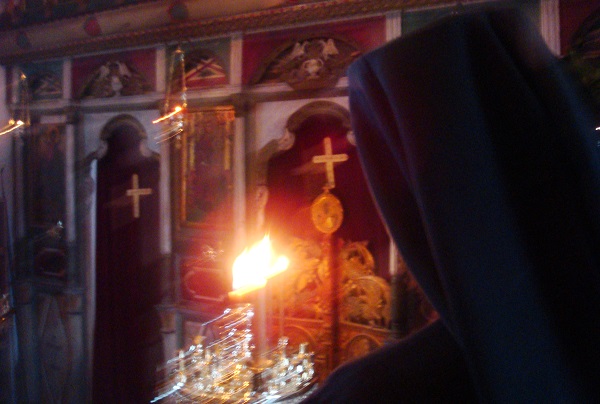
I have written on these electronic pages previously about Living the Orthodox Resurrection Service and Living the Orthodox Holy Week; now, to complete the trinity, albeit in reverse order, is my untrained take on living Lent. It is difficult to truly experience the spiritual fruits of Holy Week, let alone the indescribable joy of Christ’s life-giving resurrection, without actively partaking in Great Lent. Think for a moment about how much time and effort is required to win a professional sporting championship; players and coaches do not show up only in time to hoist the trophy. By the same token, we should avoid showing up only on Holy Saturday evening to receive the Paschal Light. Living Lent, in order to reap the Resurrection harvest, ...

When we go to doctors for treatment, we don’t tell them what to do. Theyknowtheirjob. All we do is tell them we’re in pain and where. Truth is given to us when we seek it humbly, as we seek a cure from a doctor. We can’t order the truth, but we can ask that it be given to us, to be revealed to us. Because the truth is God, Whom we can’t order, only ask from Him and love Him. Doctorsknowwhatyouwantwhenyouvisitthem. All you can do is tell them that you’re in pain and where it hurts. Therestisuptothem. This is why the Holy Fathers tell us to pray like little children, who cry when they’re in pain. And they show the ...
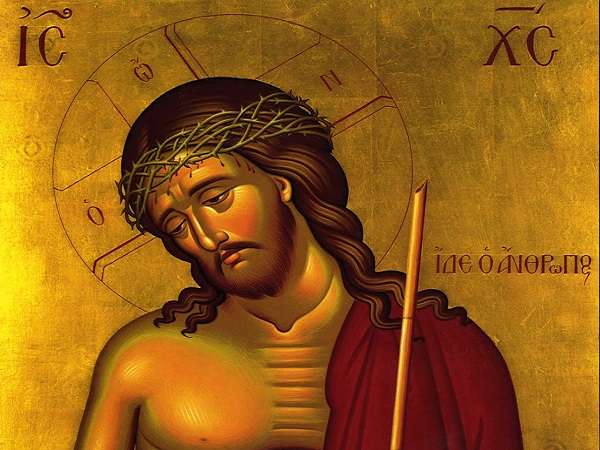
The two preceding Sundays, of the Last Judgment and of Forgiveness, together constitute – albeit in reverse order – a recapitulation of the whole range of sacred history, from its beginning point, Adam in Paradise, to its end-point, the Second Coming of Christ, when all time and history are taken up into eternity. During the forty days that now follow, although this wider perspective is never forgotten, there is an increasing concentration upon the central moment in sacred history, upon the saving event of Christ’s Passion and Resurrection, which makes possible man’s return to Paradise and inaugurates the End. Lent is, from this point of view, a journey with a precise direction; it is the journey to Pascha.+ The goal ...

My Beloved Clergymen, Monastics, Parish Council & Philoptochos Presidents and Members, and all the faithful of the Metropolis of Atlanta: This Sunday is a very important Sunday for all faithful Orthodox Christians, coming as it does before the beginning of Great Lent, and as part of the Church’s Triodion journey to help us achieve Theosis. Reviewing our progress, the first Sunday of Triodion taught us how to pray: with the humility of the Publican, recognizing our sinfulness and asking for the mercy of God. The second Sunday we are reminded that we have a patient and loving Father who always waits for His Prodigal Sons and Daughters to return to Him, no matter how we who separate ourselves through the Passions and ...

In this period, we have two fasts, as we all know. There are about seven weeks of strict fasting, eight if you include the Cheese-fare weekwhich precedes. For a lot of people this is an enjoyable and desirable time, for others it’s difficult and for others again not at all pleasant. We’ll try to convey some thoughts on this period, as it has been described by the Fathers of the Church. First of all, let’s recall Saint John the Damascan, who made a general observation concerning Lent. ‘Do not weaken Lent, for it is an imitation of Christ’s way of life’. This is important. Christ doesn’t debilitate, that is drain the power of Lent. More broadly, we might say that Saint ...

I have to renounce everything tawdry so that I can have as a friend a person whom I admire for the loftiness of their soul. I have to cast off egotism by loving an unselfish friend. And I have to abandon brutality by loving a gentle friend.
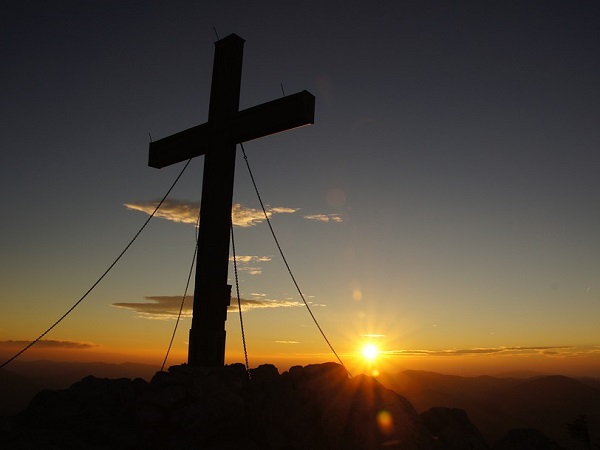
a) The dominant theme in the hymnology of Cheese-fare Sunday is ‘Adam’s Lament’ since ‘on this day we keep the memory of the expulsion of Adam the First-created from the paradise of delight’. In Paradise, Adam, the father of the whole world, knew the sweetness of divine love. So when he was expelled because of his sin, abandoned by God’s love, he mourned bitterly and heaved deep sighs, as Saint Silouan the Athonite tells us. b) Before the fall, according to Biblical and Patristic tradition, Adam had shared in God’s glory. He was endowed with the gift of prophetic insight. He contemplated the whole of creation prophetically. He named all things in accordance with their properties. He had a share in spiritual ...
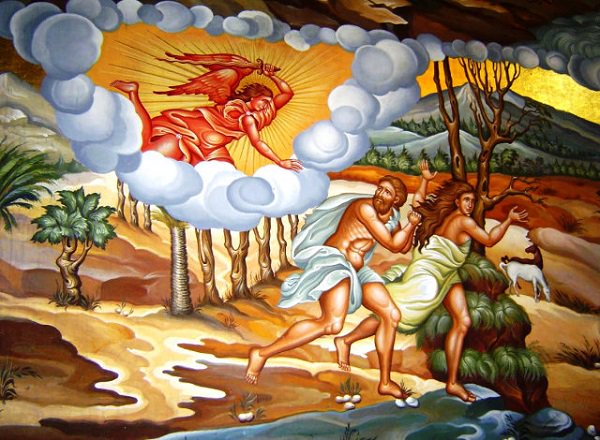
The time of preparation for the Fast ends with the Sunday of Cheese-fare and so we pass into great and blessed Lent, which is full of mixed experiences and feelings transmitted to us in a mystical way by its penitential services. Today’s Gospel reading brings us to the introductory period of our preparation for the Passion and Resurrection and reminds us of the golden rule for our progress, which begins with the virtue of forgiveness. Hence the Vespers of Forgiveness. Our forgiveness of others is presented to us as a pre-condition for God’s forgiveness of us. Unless we break down the hardness of our heart by forgiving our neighbours for whatever they’ve done to us, then we can’t expect or seek ...
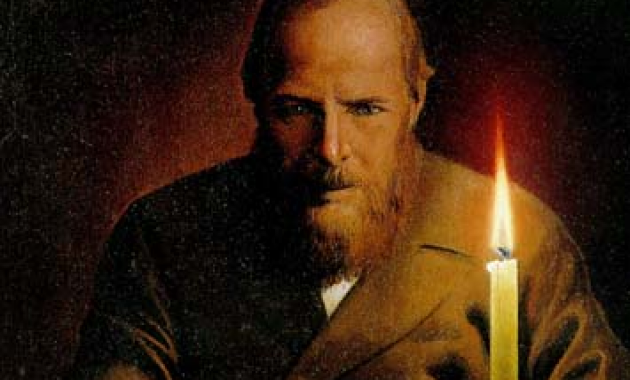
When life is full of troubles, people get the feeling that the curse and anger of God has come upon them. But when these trials have passed, they'll see that God’s wonderful providence protected them meticulously in all facets of their existence. Thousands of years of experience, transmitted from generation to generation, tells us that, when Good sees faith in the soul of people who are striving for His sake, as He did in the case of Job, He leads them into depths and heights that are inaccessible to others. The more complete and powerful people’s love and trust in God are, the greater will be the measure of their trial and the fulness of their experience, which can reach ...

Sermon preached by Elder Meliton (Hatzi), Metropolitan of Chalcedon (1913-1989) in the Cathedral Church of Athens Cheese-fare Sunday, 8 March, 1970 My friends, There was nothing the Lord castigated so much as hypocrisy. And rightly so, since He saw in it the greatest deceptive danger, which is the satanic light that appears to be angelic. The power of hypocrisy is, indeed, dreadful. Both for those who experience it and practice it, as well as for those who suffer as a result of it. The reason why it’s so dangerous is that it corresponds to the deepest psychological demand we have within us. We want to appear to be people who we aren’t. Both to ourselves, as well as to God. And so we avoid the ...
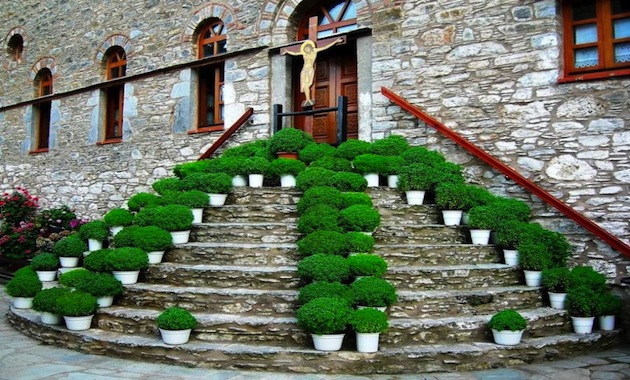
Those who follow the path of Christ’s commandments are reborn spiritually and are transfigured. It’s not the same for everyone to the same extent, but depends on their zeal. They’re crucified with Jesus Christ and divine Grace makes them resemble Him Whom they love. Herein lies the theology of the Cross, which Saint Paul hymns as the light of divine love.

Humility brings completion of the self. It doesn’t cut your head off. Humility completes us, gives us the discernment to know where we should stand and where not, where we should speak, so that we’re not idle. And where we should surrender entirely to other people, without conditions.